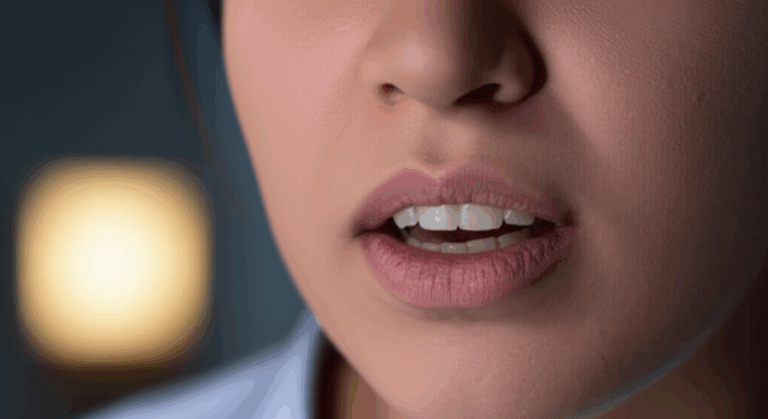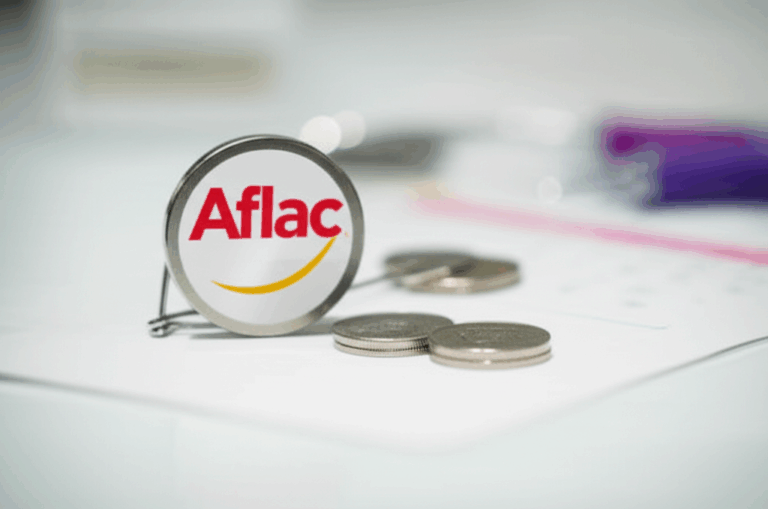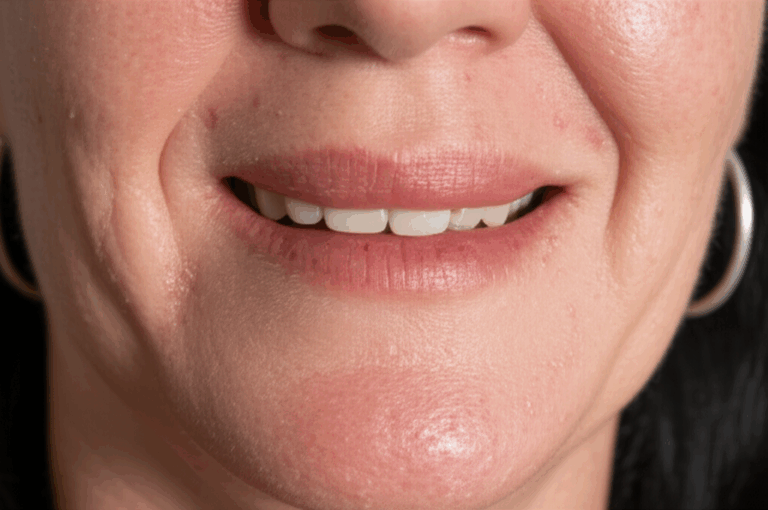
Can Dental Problems Cause Trigeminal Neuralgia? Looking at the Link Between Mouth Health and Face Nerve Pain
Have you ever felt a sharp, stabbing pain in your cheek or jaw, maybe right after dental work or even just touching near your mouth? If you’re wondering if dental problems could set off trigeminal neuralgia (TN), you’re not alone—and this is the right place to find answers.
Face nerve pain can be really confusing in mouth health. Sometimes a bad tooth is the problem. Other times, it goes deeper, hitting the nerves and leaving both dentists and patients unsure what’s wrong. Maybe you’re thinking, “Is this just my teeth…or could it be trigeminal neuralgia?”
We’re going to break down this mix-up, explain what might be happening, and give you tips to take care of your health—no medical talk, just clear, caring advice.
Table of Contents
- What is Trigeminal Neuralgia (TN)?
- The Dental-TN Connection: Can Oral Issues Be a Cause or Trigger?
- Distinguishing Dental Pain from Trigeminal Neuralgia
- Diagnostic Approach: Unraveling the Cause
- Treatment Considerations
- Prevention and Long-Term Management
- Your Healthy Takeaway: Empower Yourself
What is Trigeminal Neuralgia (TN)?
Question: What is trigeminal neuralgia, and why does it hurt so much?
Explain: Trigeminal neuralgia (TN for short) is often called one of the worst pains someone can have. Imagine what feels like a jolt of electricity, but instead of your hand, it hits your cheek, jaw, or teeth. This pain comes from the trigeminal nerve—your face’s main nerve that feels touch and pain. It’s the fifth nerve out of the main nerves in your head, and splits into three big paths:
- Ophthalmic Nerve: goes to your forehead and eyes
- Maxillary Nerve: goes to your cheek, upper mouth, teeth, and gums
- Mandibular Nerve: goes to your lower jaw, teeth, and part of your tongue
When something messes with this nerve, it hurts. This can be:
- Blood vessel pressing on the nerve: Like when something pinches a garden hose.
- Multiple Sclerosis (MS): Scar tissue from MS messes with the nerve’s cover.
- Tumors or cysts: Very rarely, a growth presses on the nerve.
- Injury or trauma: Sometimes after dental work or an accident.
Guide: Not all TN is just one thing. “Classical” TN is from something pushing on the nerve. “Secondary” TN comes from another health problem (like MS or a tumor). There’s also “atypical” TN, where the pain is more steady and burning, not just sharp zaps.
Empower: Knowing this pain has a real reason behind it can help you breathe easier. But how do dental problems fit in? Could your tooth be the cause, or did a dental treatment trigger the nerve pain?
The Dental-TN Connection: Can Oral Issues Be a Cause or Trigger?
Question: Can a dental problem cause trigeminal neuralgia—or at least feel just like it?
Explain: Short answer? Dental problems don’t usually cause basic TN, but they can act like it, trigger it, or make nerve pain worse in your face. Here’s how:
A) Direct Nerve Injury
Think of the trigeminal nerve’s branches as little wires running close to your teeth and gums. They’re easy to bother during some dental work:
- Tooth pulling (like wisdom teeth): Taking out a tooth near a nerve can bump or stretch these nerves.
- Root canals: Sometimes the canal is really close to where the nerve is. If the dentist works too close, it can touch the nerve.
- Dental implants: If these are put in too close to the nerve, it can be a problem.
- Post-traumatic trigeminal neuropathy (PTTN): After dental work or an accident, some people get nerve pain that’s a lot like TN—burning, stabbing, or jolting. It’s not “classic” TN, but it hurts just as much.
Example: A patient gets stabbing jaw pain after wisdom tooth removal. Months later, a scan found swelling near the mandibular nerve—textbook PTTN.
B) Inflammation and Infection
A really bad tooth infection, deep gum disease, or a swollen nerve inside a tooth can set off face nerves—or seem to. Here:
- The swelling or pus may press on nerve endings.
- The brain can get “mixed up” and think the pain from one tooth is from the whole face.
Think of it like a crossed wire that causes all the lights to flicker.
C) Structural and Mechanical Issues
The jaw joint (TMJ) is close to where the trigeminal nerve runs. TMJ problems or a bad bite can put stress around the nerve, causing:
- Ongoing swelling or irritation near the nerve
- Muscle tightness that sends pain to your teeth and cheek
Sometimes a cyst or swelling in the jaw bone can press on nerves too.
D) Misdiagnosis and Confusion
Pain is tricky. Dental pain can seem like TN, and TN can seem like dental pain. Many people go through years of dental work—removals, root canals, caps—with no help before TN is even suspected.
Guide: So, can dental issues “cause” TN? Not usually. But yes, they can set off nerve pain, look just like TN, or mix things up so much that only an expert can tell the difference.
Empower: Trust yourself. If you have face pain that doesn’t go away after dental work, don’t just “wait and see.” The right team can help you figure it out.
Distinguishing Dental Pain from Trigeminal Neuralgia
Question: How do you know if the pain is coming from your teeth or your nerves?
Explain: Here’s how you can tell:
Dental Pain
- Dull, throbbing, or always there pain. (Makes you want to rub or hold your face.)
- Stays in one tooth or spot on your jaw.
- Often starts with hot/cold or biting down.
- Usually changes when you get dental treatment.
Like a slow drum beat. TN is like lightning—sharp, quick, sudden.
Trigeminal Neuralgia Pain
- Sharp, sudden, electric “shock” pain.
- Pain comes in bursts—only seconds to a minute.
- Can start from touching the face, talking, chewing, or a cool wind.
- Follows the nerve path—upper jaw, cheek, or lower jaw, all on one side.
- Usually just on one side.
- Does NOT get better with regular dental treatments.
When to Suspect TN (Even if it Feels Dental)
- Multiple dental treatments and the pain stays.
- The pain is really bad and gets set off by a gentle touch.
- Dentist can’t see a problem—nothing on X-ray, tooth seems fine.
- Pain started or got worse after dental work but never got better.
One study found that 10–15% of people with TN-like pain actually had a hidden dental problem. At the same time, about 1 in 4 people with “not normal” TN said pain started after dental work. (Sources: Journal of Oral & Maxillofacial Surgery, Pain Research Journal)
Guide: A good rule: If your pain doesn’t change after dental care, and it’s sharp or random, see a nerve doctor. If you had dental work and now have pain, tell your dentist soon—early help is better.
Empower: You know your mouth best. If things don’t add up, push for a deeper check.
Diagnostic Approach: Unraveling the Cause
Question: Who should you see first—a dentist, nerve doctor, or both? And how do they find the real reason?
Explain:
The Dentist’s Job
Dentists are best at spotting gum problems, infections, jaw alignment, and other damage. They’ll:
- Full mouth check: Look for cracks, infections, jaw problems, or nerve trouble.
- Scans and X-rays: Dental X-rays, CBCT scans, or more to see bone or root problems.
- Tooth tests: See how tooth nerves react.
The Neurologist or Face Pain Specialist’s Job
If regular treatments aren’t working, a nerve doctor steps in:
- Your history: They’ll ask when pain started, what sets it off, and what helps.
- Nerve exam: To check muscle movement, feeling, and face reactions.
- Scans (MRI): To check for a pinched nerve, tumor, or MS.
- Other nerve tests: Sometimes used for more info.
Teamwork
Best case, dental and medical doctors work together. This way, nothing is missed. For tough cases, a lab can help look at bite or jaw work, while doctors look for nerve causes.
Guide: Don’t lose hope if it takes a while. Studies say it can take 2–5 years to get a TN diagnosis, often with people having dental work that doesn’t help before TN is found.
Empower: Ask your doctors to work together, or get a second look if you’re stuck.
Treatment Considerations
Question: If it’s a tooth problem or nerve pain, how can you get better?
Explain:
Fixing Dental Problems
If a sore tooth, gum infection, or biting problem is the cause, fix that first:
- Root canal: Clears infection in the tooth.
- Tooth pulling: Sometimes the tooth can’t be saved.
- Gum work: Deep cleanings or gum surgery.
- TMJ care: Night guards, jaw exercises, or braces if needed.
If a cyst or bone problem is pressing a nerve, a small surgery can help.
Handling Trigeminal Neuralgia
If dental causes are out and TN is the problem, these might help:
1. Medicines
- Carbamazepine (Tegretol): Calms the nerve.
- Other meds (Oxcarbazepine, Gabapentin, Pregabalin): Used if you can’t take the first one.
- Painkillers: Can help for a short time.
2. Surgery
If it’s bad or doesn’t stop:
- Microvascular Decompression (MVD): A brain surgeon moves a blood vessel off the nerve. Lots of people feel better after.
- Gamma Knife: Focused x-rays hit the nerve.
- Other nerve surgeries: Like injecting a nerve, or heat to slow pain signals.
3. Other Options:
- Nerve shots: Numb the pain short-term.
- Physical therapy or stress care: Can help, especially if muscle tension adds to pain.
Guide: The treatment depends on the problem. If it’s a tooth, fix the tooth. If it’s TN, tooth work won’t help and could make it worse.
Empower: Be honest about what you’ve tried, what worked or didn’t, or if you had side effects. Sometimes it takes a few tries to get it right.
Prevention and Long-Term Management
Question: How do you avoid these hard-to-fix pain problems?
Explain:
- Good mouth care: Brush and use floss every day. Don’t skip dentist visits. Most tooth nerve pain starts small.
- Talk about jaw pain: Let your dentist know if your jaw clicks, pops, or hurts—early TMJ care is best.
- Protect nerves during dental work: Ask about where nerves are before extractions or implants. Good clinics use scans or special lab tools to avoid hurting nerves.
- Control teeth grinding: Night guards protect teeth and nerves for people who grind teeth.
- Tell your nerve doctor about mouth care: Some medicines for TN or nerve pain can affect your mouth.
Guide: Regular dentist visits stop little problems from turning big and help spot pain that might look like TN.
Who Should Be Extra Careful?
- Anyone with bad, unexplained face pain
- People with MS or nerve diseases
- People who’ve had tough dental work, accidents, or many failed treatments
Empower: Keep a pain diary—note when, where, and what triggers your pain. Bring it to your doctor or dentist. The info can help find the answer faster.
Your Healthy Takeaway: Empower Yourself
Quick points to remember:
What’s Important?
- Dental problems can copy, trigger, or add to trigeminal nerve pain, but don’t usually cause main type TN.
- Dental pain and TN feel different—dental pain is dull and in one spot, TN is sharp and sudden.
- Always check for tooth causes—especially if pain stays after treatment.
- It can take a long time to get a correct answer; dentists and doctors together are best.
- Treat the real problem—if it’s dental, fix the tooth; if it’s TN, nerve medicines or surgery might help.
- Good mouth care, jaw care, and good talk between your dental and medical team can lower your risk.
Next Steps
- Don’t ignore long-lasting or weird face pain. The sooner you act, the better.
- See your dentist for a full check if pain stays after work. Ask about nerve locations before any implant or removal.
- Ask for a nerve doctor or pain specialist if normal dental care isn’t working.
- Write down your pain—what starts it, how long, what helps. Bring this info to appointments.
- Keep up with dentist visits and good brushing—even little problems can become big ones.
Want to learn more about mouth health and feel more in control? Look at Teeth Health or Dental Diseases for easy tips and guides.
Remember—You’re Not Alone
Feeling “something isn’t right” with face pain is real. You deserve answers. With the right team—dentists and doctors—you can find what’s wrong and get back to smiling. Don’t give up; understanding your pain is the first step to feeling better.
Checked by a licensed dental professional. Sources include the American Dental Association (ADA), dental journals, and neurology books.
If you have an emergency, call your doctor or get help right away.








